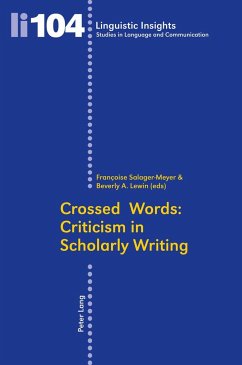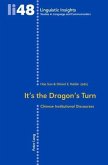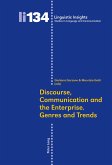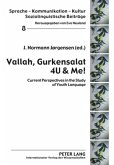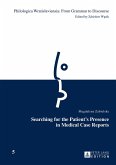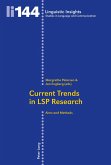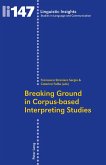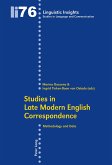In order for science to advance, previous research findings must be reviewed and criticized. However, conveying criticism is particularly difficult for scientists who must, at the same time, try to maintain an impersonal stance. This co-edited collection of independent studies written by scholars from many different countries addresses the thorny issue of criticism in science through discourse analysis of written scientific texts.
The research reported in this volume deals with questions such as: 1) how criticism is conveyed by various linguistic communities, such as Serbian, French, Spanish, German and English; 2) how criticism is handled in various genres, with examples drawn from book reviews, referees' reports, research articles, editorials, and review/meta-analysis papers; 3) the extent to which criticism is influenced by academic discipline, with findings from linguistics, economics, biology, business, musicology, chemistry, literary research, medicine, and physics, and 4) the impact interpersonal considerations have on the linguistic realization of criticism.
The conclusions reached by these contributions have implications for both the academic world and society at large in the sense that a fuller understanding of how criticism is expressed will help in the education of future scholars and in the understanding of the social construction of knowledge.
The research reported in this volume deals with questions such as: 1) how criticism is conveyed by various linguistic communities, such as Serbian, French, Spanish, German and English; 2) how criticism is handled in various genres, with examples drawn from book reviews, referees' reports, research articles, editorials, and review/meta-analysis papers; 3) the extent to which criticism is influenced by academic discipline, with findings from linguistics, economics, biology, business, musicology, chemistry, literary research, medicine, and physics, and 4) the impact interpersonal considerations have on the linguistic realization of criticism.
The conclusions reached by these contributions have implications for both the academic world and society at large in the sense that a fuller understanding of how criticism is expressed will help in the education of future scholars and in the understanding of the social construction of knowledge.
«(The studies presented here) all contribute to a better understanding of what is at stake when scholars express their opinion on work produced by their peers, and a few of them actually shed light on some recent trends that had not been brought to light before. It is consequently clear to this reviewer that 'Crossed Words: Criticism in Scholarly Writing' is worth reading for anybody with an interest in the long and tortuous process that constitutes the development of modern science.» (François Maniez, Anglais de Spécialité)
«I wholeheartedly recommend 'Crossed Words: Criticism in Scholarly Writing' to any member of the academic community (students, researchers, ESP and EAP practitioners, scientists and technology professionals alike) interested in the inner workings of critical scholarly writing.» (Carmen Sancho-Guinda, Ibérica 25, 2013)
«I wholeheartedly recommend 'Crossed Words: Criticism in Scholarly Writing' to any member of the academic community (students, researchers, ESP and EAP practitioners, scientists and technology professionals alike) interested in the inner workings of critical scholarly writing.» (Carmen Sancho-Guinda, Ibérica 25, 2013)

